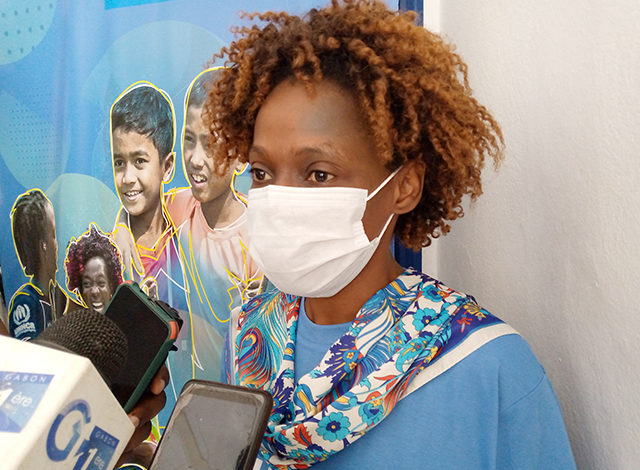Number Of Refugees In Gabon Dropped From 20,000 To 14,000 In 20 Years
The rise of refugees in Gabon is attributed to several African citizens escaping wars in their various countries.

The number of refugees and persons seeking asylum in Gabon has dropped from 20,000 in 2001 to 14,000 in 2021 with 552 registered since Jan. this year.
One of the reasons cited for the drop in the number of refugees and asylum seekers in the country, is the voluntary repatriation of several of the refugees and the reinstallation and end to their status as refugees.
Speaking during a debate in Libreville, the Gabonese capital on Tuesday, July 6, 2021 on the inclusion of refugees in the country, Dr Christian Wali Wali, a lecturer and researcher in the Department of Geography at the Omar Bongo University traced the arrival of refugees into the country to 1968 when the country on humanitarian grounds welcomed Biafran children fleeing the Nigerian civil war of 1967-1970.
He also recalled the arrival of Chadian and Angolan refugees escaping from the ravages of civil war in their countries as well as Equatorial-Guineans fleeing from the bloody dictatorship of Francisco Macias Nguema Biyogo.
Other refugees arrived in the 1990s from Rwanda, Burundi, and Zaire, now known as Democratic Republic of Congo.
“But the particular experience that Gabon has gone through is that of the Democratic Republic of Congo in 1997,” Dr Wali declared, adding that the contingent from the DR Congo was the largest that Gabon has ever received.
“In 2001, our refugee figures stood at 20,000 including asylum seekers and since then, there has been a systematic decline in the number of refugees in the country,” revealed Paule Yvette Mengome of the United Nations High Commission for Refugees (UNHCR) office in Gabon.
The UN official attributed the decline in refugee figures in Gabon to the voluntary repatriation of many of them, especially those from the Democratic Republic of Congo.
“2011 constituted the period of the cessation of their statute. The Gabonese government took the decision to end the statute of this population by taking into account the living conditions which had improved in Congo,” Mengome declared.
“In 2011, we had about 14,000 persons in our statistics. Between 2011 and now, we have moved from 4,000 refugees and asylum seekers to 552 refugees and asylum seekers today,” the UN official revealed explaining that the strategy is to put in place sustainable solutions so that persons who are refugees in Gabon can seek refuge in other countries within the context of reinstallations, return to their countries of origin, or remain in the country by changing their stats.
“There are those who have remained in Gabon and obtained residence permits. Among the refugees of 2011, there are those who have remained in Gabon and since the past three years, there are also Chadians who have obtained residential status,” Mengome revealed, adding that though they remain in Gabon, they are no longer considered as refugees and have therefore been removed from international protection.
“Refugee statutes are not for life. Should they get married to a Gabonese, they retain their jurisdictional statute but if they want, they can obtain Gabonese nationality after three years.”
Support Our Journalism
There are millions of ordinary people affected by conflict in Africa whose stories are missing in the mainstream media. HumAngle is determined to tell those challenging and under-reported stories, hoping that the people impacted by these conflicts will find the safety and security they deserve.
To ensure that we continue to provide public service coverage, we have a small favour to ask you. We want you to be part of our journalistic endeavour by contributing a token to us.
Your donation will further promote a robust, free, and independent media.
Donate HereStay Closer To The Stories That Matter




